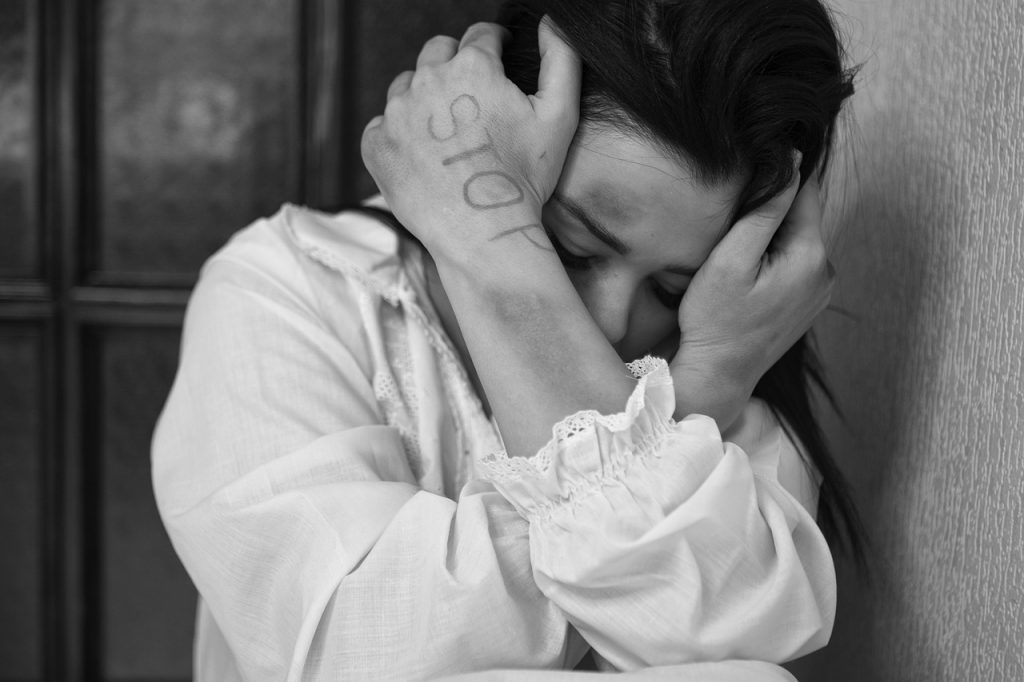
A charity in Salford says the money made available to domestic abuse services during Covid-19 is now running out leading to withdrawals of potentially lifesaving services across the city.
Independent Choices Greater Manchester (ICGM) helpline coordinator, Farheen Anwar says funding given to Salford services during the Covid-19 pandemic created new lifelines for victims.
During the peak of the pandemic, the Government made £76million available to domestic abuse charities across the UK.
Salford was given £10million, reports Salford CVS, helping to create solutions to problems that were previously unaffordable, such as the Rail to Refuge scheme which provides rail travel for victims who cannot afford it.
“Doors were opening up that we had never seen before, we saw Rail to Refuge kick in – faith organisations were coming forward because the government had announced more needed to be done and they were gonna release funding. Pots of money were being released – some of them were short-lived which was a shame,” said Farheen.
“There’s always gaps in services and more needs to be done – we need a community coordinated response and funding goes with that – we need to employ more people to do what we want to do.”
During the year 2020/21 the ICGM helpline received 89 calls from victims living in Salford.
Whilst ICGM’s helpline offers help to anyone over 16, most of their callers were women. Of the 89 calls received, 92 percent were from women and three percent were from men.
A large portion of the callers were seeking help from physical abuse, 70 percent rang to discuss how to leave or how to manage living with a person who is physically abusive.
Farheen says some women can be unaware the relationship they are in is abusive as the perpetrator isn’t violent, instead, they use power and control over the victim – 21 percent of callers who rang ICGM’s helpline did not know what domestic abuse is.
Farheen said: “Sometimes women don’t know they’re experiencing domestic abuse, they’ve been given a number by a GP or housing officer and they’ll say ‘I’m not sure why they’ve asked me to give you a call, I’m not experiencing domestic abuse’ – most of the time it is but people don’t want to label it or can’t identify it or think if it’s not physical it’s not abuse.”
Whilst 30 percent of callers said they felt the Covid-19 pandemic made the situation worse, none of them reported the lockdown was the first time they had suffered at the hands of their abuser.
Farheen says there can be reluctance within some leaders of the BAME community to acknowledge domestic abuse happens within their communities, however, they began to acknowledge the problem and search for ways to help victims.
“Where I found barriers before, some BME communities saying ‘domestic abuse doesn’t happen here’ – communities that would close their doors started to acknowledge it.”
“In my experience, I’ve noticed a lot of the BME women the two places they’re allowed to go are the GP and they’re allowed to drop the kids at school”
Domestic abuse awareness training given to GP’s and those working in education offered a lifeline to domestic abuse victims.
Perpetrators often control where the victim goes, doctor appointments and going on the school run have been identified as two things most perpetrators allow their victims to do – 66 percent were suffering from coercive control.
One way to help victims that costs very little is being aware of the signs to look out for.
GPs and schools can help more than most by gathering evidence of domestic abuse to support the victim should they need it.
“[Funding] should’ve been kept going for longer – it’s a combination of training for professionals, communities need to hold perpetrators responsible but we always look for victim solutions.
“Funding is limited – we need money to do this”
• If you have been affected by domestic violence you can contact ICGM’s dedicated helpline on 0800 254 0909.















Recent Comments